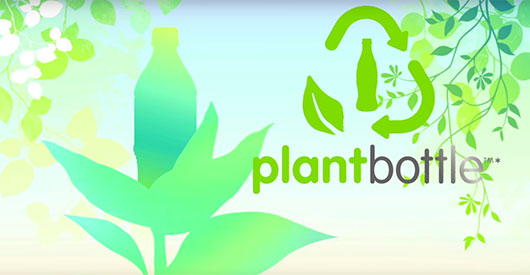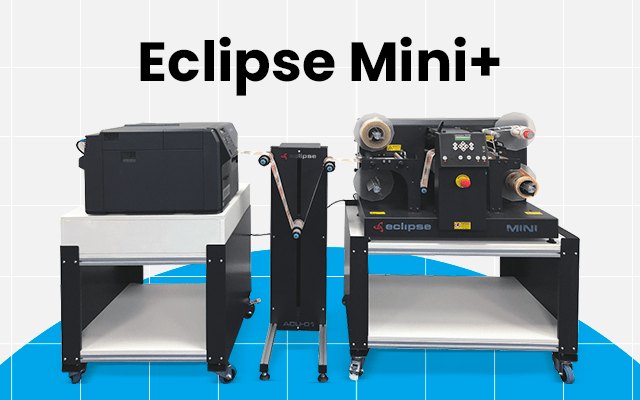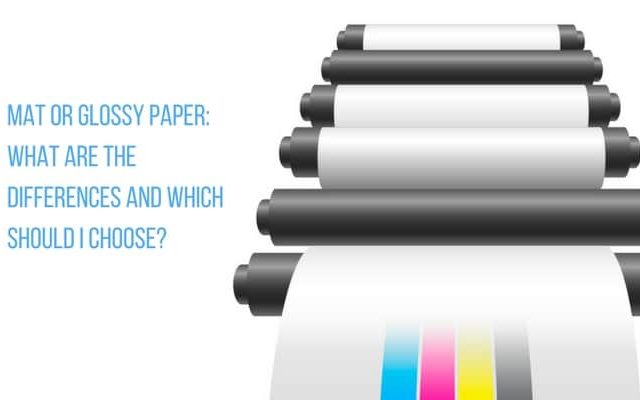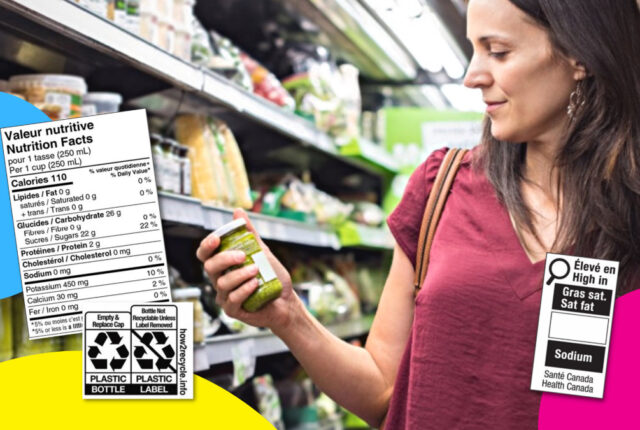The Coca Cola Company recently struck a deal with Liquid light to develop CO2– to-chemical technology to be used in Coke’s production of plant bottles (I talked about the Plant Bottle in this blog a little while ago).
Liquid light’s press release mentions it’s technology for making mono-ethylene glycol (MEG), one of the Plant Bottle’s ingredients, can be highly efficient: It would be possible to make MEG from the byproduct that results from converting plant material such as corn into ethanol. This would not only reduce the Plant Bottle’s environmental footprint, but significantly reduce its production costs as well.
Coke has been moving towards sustainable packaging/reduction of their carbon footprint since 2005 and their Plant Bottle video states their goal is to use this type of packaging for all of their PET plastic bottles by 2020.
It’s all part of a larger trend that taking plastics in packaging from being petroleum-based to being biobased (plant based). According to european-bioplastics.org, the biobased plastics market is growing 20% a year.
In Coke’s video there is a visual mention of Heinz as one of the companies moving with this trend. This is a reference to Heinz’s work with waste fibre from tomato processing to create a plastic that is lighter and requires lower manufacturing temperatures, two environmentally beneficial qualities.
Biobased plastics can come from a variety of other sources too, such as rice, potatoes, sugar beets and trees.
Sounds very promising of course but these alternatives to petroleum based plastics also have their environmental challenges, such as the large amount of pesticides used in the production of corn or the chemical additives (some of which are toxic) needed to create some biobased plastics. Also important to note is that there are major infrastructure changes needed in the recycling industry to properly process these materials, which as of now cannot be mixed in with petro-chemical based recyclables. These problems must be solved before a fuller adoption of bioplastics is possible.
And there is mounting pressure to solve them. According to bioplastics.org the packaging industry is leading the way in adoption but others are following suit, such as the automotive (Coke’s video also references Ford, currently working with Heinz), Agriculture, Consumer electronics, consumer goods and household appliances, sports, toys and construction industries.
Certainly, the prospect of reducing petro chemicals in all these industries including our own, will push development of these exciting alternatives for years to come.







